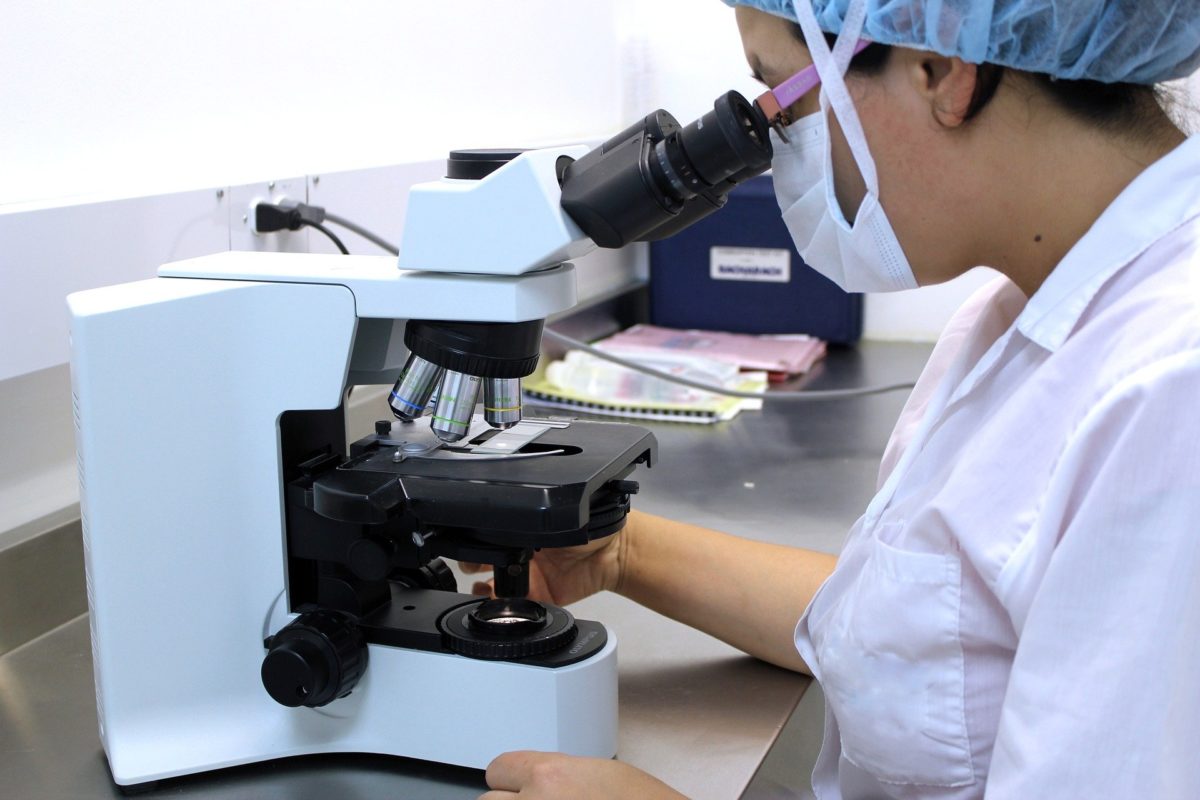Twenty-seven new Fellows and Honorary Fellows have been elected to the Academy of the Royal Society Te Apārangi for their distinction in research and advancement of science, technology or the humanities.
The society describes them as exceptional leaders in their communities and their areas of research and scholarship.
Being made a Fellow is an honour that recognises distinction in research, scholarship or the advancement of knowledge at the highest international standards. Fellows can use the post-nominal ‘FRSNZ’ after their name to indicate this honour.
The chair of the Academy Executive Committee, Professor Charlotte Macdonald, FRSNZ, says it was pleasing to see a large cohort of Fellows elected this year, all with such exceptional expertise.
Among them were:
- Professor Charles Eason CNZM CRSNZ, Lincoln University, Senior Science Strategy and R&D Advisor at Wakatū Incorporation
Charles is internationally recognised as a leader in toxicology and biotechnology. He has successfully delivered new drugs and safer pest control. Charles pioneered “red blood cell toxicants” and R&D leading to the registration of the lead compound in this class for stoat control in New Zealand.
This was the first of its kind and was explicitly designed with humaneness as a focus. This and other products have made a material difference nationally in the creation of predator-free zones.
New Zealand’s fauna would not be as secure as it is today without his work. He is recognised as a key player behind New Zealand’s global reputation as a leader in the protection of endangered species.
With several humane, low residue target- specific pest control products on the market, his research on these new, and traditional tools, has also had a lasting impact on how rodenticides can be used more carefully to protect threatened species across the globe.
Early in his career and more recently his initiatives have led to the advancement of novel classes of drugs targeting cardiovascular and infectious diseases, pain and depression.
His research has delivered biocides and drugs frequently inspired by natural compounds. Charles is renowned for his ability to innovate and see beyond challenging impediments, which have led to various technological breakthroughs.
- Dr Susan Gardiner, Honorary Research Fellow at Plant and Food Research Ltd
Dr Susan Gardiner is internationally renowned for her research and contributions to fruit breeding and was recently elected a Fellow of the International Society of Horticultural Science.
In the 1990s, she became recognised internationally for her research into the growing field of marker-assisted fruit breeding. From this, she established a high-throughput technology platform that advances the targeted development of new apple and kiwifruit varieties, faster and more precisely.
This platform is capable of delivering apple cultivars and rootstocks with a range of very specific characters desired by consumers and growers (including red colour, crisp and juicy fruit texture, as well as multiple pest and disease resistances), benefitting both the consumer and reducing impacts of horticultural production.
Genetic markers for sex have enabled kiwifruit breeders to discard non-fruiting male seedlings prior to orchard planting, for the past 12 years.
Her leading research in genetics and genomics of fruit crops has been the driving force in implementing molecular breeding practices in New Zealand’s horticultural research and breeding programmes. Her research is a major factor in New Zealand’s leading status in international apple and kiwifruit breeding and genomics.
In her retirement, she continues to mentor young scientists and is engaged in a project to utilise molecular genetics to determine taxonomy and diversity in Rhododendron, to determine priorities for ex situ conservation.
- Garth Harmsworth (Te Arawa, Ngāti Tūwharetoa, Ngāti Raukawa), Principal Māori Researcher at Manaaki Whenua – Landcare Research
With 37 years of research leadership, Garth Harmsworth (Te Arawa, Ngāti Tūwharetoa, Ngāti Raukawa) is renowned for his work building Māori research capability nationally, and advancing mātauranga-based kaupapa Māori and collaborative research practice.
Garth’s research has directly unlocked the potential of Māori land, ensuring culturally relevant approaches and information-systems to support legislation, policy and statistics, and improve land management across Aotearoa. He engages with Māori landowners, organisations, iwi/hapū and government to bridge Western science and mātauranga Māori, while always ensuring the benefits of a te ao Māori worldview are captured.
Throughout his research career, he has integrated Māori values for the natural environment into resource management decision-making, developed culturally appropriate indicators that reflect Māori land and freshwater values, and has advanced collaborative and kaupapa Māori research.
His knowledge and understanding of catchment management from the tangata whenua has been ground-breaking in establishing sustainable development approaches.
He has brought a te ao Māori perspective to a conventionally ‘biophysical’ science discipline, which now serves as a best practice guide for future land use within Aoteaora and across the globe.
- Professor Caroline Saunders ONZM, Director, Agribusiness and Economics Research Unit, Lincoln University
Caroline Saunders has made outstanding contributions to the advancement of science by creating new knowledge in her research field of agriculture and economics. She initiated a transdisciplinary study that contributed to the ‘food miles’ debate, which argued that long distant food transport is unsustainable due to greenhouse gas emissions.
This work has helped to inform other scientists, policy advisors and the public.
In Caroline’s later work, she created a pilot survey to test if overseas consumers in developing markets are willing to pay a premium for attributes associated with New Zealand agri-food exports such as animal welfare, environmental sustainability and cultural authenticity.
This work has led to a sustained and expanding research programme that has transformed New Zealand’s global agri-food value chains.
Throughout her work she has been devoted to communicating her research. This has further advanced science and economics and their application both in New Zealand and internationally and has been influential for scientists, policymakers and the wider public.
In 2009 she was made an Officer of the New Zealand Order of Merit.
Source: Royal Society Te Apārangi












